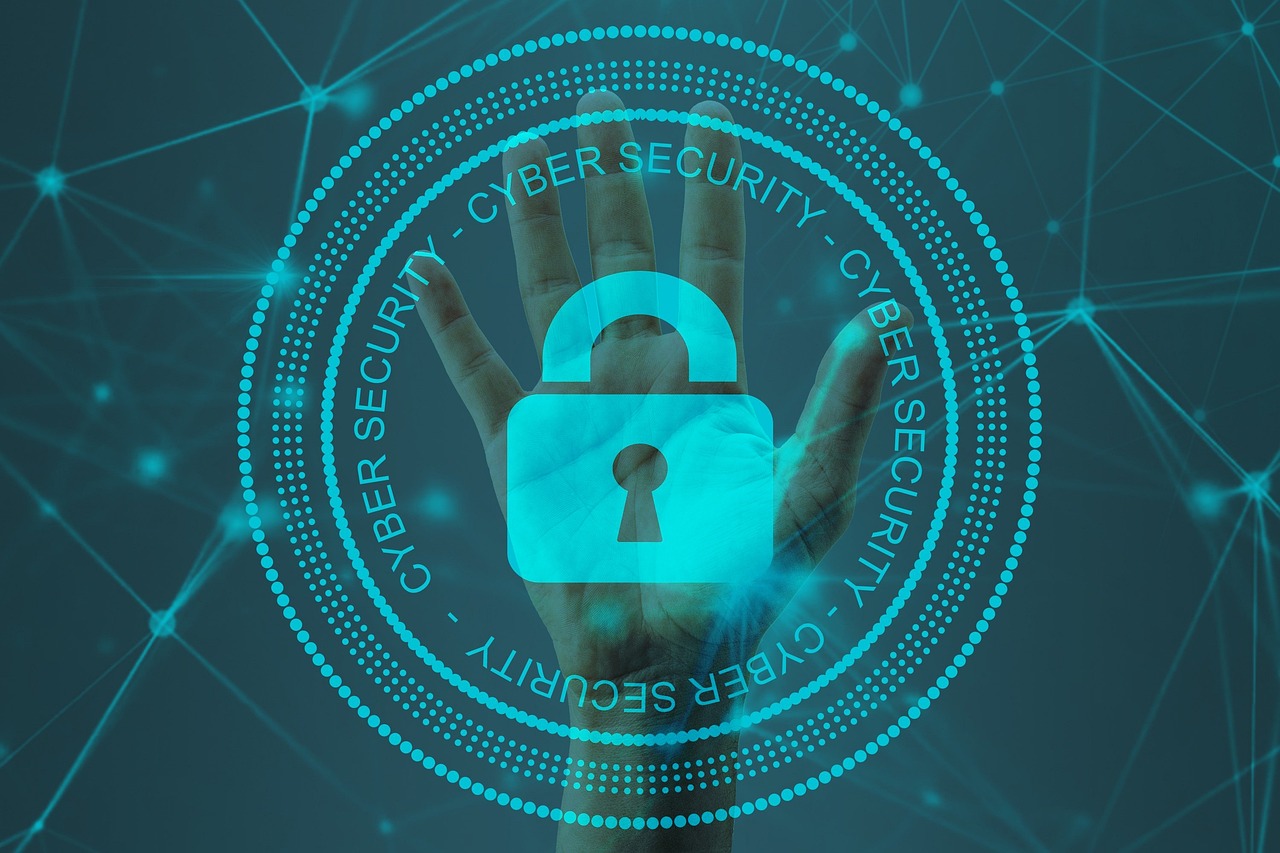2025: The Breakthrough Year for Generative AI in Cybersecurity
As generative artificial intelligence (GenAI) advances rapidly, 2025 promises to revolutionize cybersecurity. With GenAI providing proactive recommendations and personalized communication, CISOs will unlock its full potential to enhance security measures, streamline operations, and address resource limitations. This transformation will be crucial for enterprises, especially smaller businesses, as they face growing cyber threats with constrained budgets and talent shortages.

2025: The Breakthrough Year for Generative AI in Cybersecurity
The year 2025 is set to be a landmark for cybersecurity, with generative artificial intelligence (GenAI) at the forefront of this transformation. Chief Information Security Officers (CISOs) are poised to leverage GenAI’s capabilities beyond traditional boundaries, unlocking new levels of efficiency and security. As cyber threats grow in complexity and frequency, the integration of GenAI promises to be a game-changer, particularly for organizations grappling with budgetary and staffing constraints.
GenAI: The New Frontier in Cybersecurity
Generative AI, a branch of artificial intelligence that can create content autonomously, has matured significantly. It now offers capabilities that extend beyond answering queries to providing proactive recommendations, automating responses, and engaging in personalized interactions. This evolution is critical as CISOs seek innovative solutions to bolster defenses against sophisticated cyber threats.
Keeping Budgets in Check
Despite the rising demand for robust cybersecurity, many organizations continue to operate with flat or shrinking budgets. According to a recent survey, 68% of companies reported budget constraints as a major hurdle in implementing effective cybersecurity measures. Here, GenAI emerges as a cost-effective ally. By automating repetitive tasks such as data collection and threat analysis, GenAI allows security teams to focus on strategic initiatives without additional financial strain. This automation not only maintains but enhances the security posture with existing resources.
A Lifeline for Smaller Companies
Small and medium-sized enterprises (SMEs) face unique challenges in the cybersecurity landscape, primarily due to limited resources and expertise. For these organizations, GenAI offers a lifeline. By automating complex tasks like vulnerability assessments and incident responses, GenAI provides SMEs with enterprise-grade security capabilities. This democratization of advanced cybersecurity tools enables smaller businesses to defend against breaches more effectively and efficiently.
Specialized Versus Generalized GenAI Models
The choice between specialized and generalized GenAI models is becoming increasingly significant. Specialized models, tailored to specific industries or functions, are showing superior performance in threat detection and incident management. For instance, a study revealed that organizations using specialized GenAI models experienced a 40% reduction in false positives compared to those using generalized models. This specificity not only enhances security outcomes but also ensures compliance with industry regulations, a critical requirement for sectors like healthcare and finance.
Overcoming Operational Challenges
Successfully integrating GenAI into cybersecurity operations requires addressing several key challenges. Organizations must:
- Mitigate the risk of "hallucinations," where AI generates inaccurate outputs, by implementing strict validation protocols and continuous monitoring.
- Maintain role-based access control to ensure that sensitive data is protected and only accessible to authorized personnel.
- Establish robust privacy guardrails to safely harness internet-sourced information, a task that GenAI can assist by automatically flagging potential privacy breaches.
The Road Ahead: Strategic Integration of GenAI
To fully capitalize on GenAI’s potential, CISOs must adopt a strategic approach to its integration. This involves not only selecting the right AI tools but also fostering a culture of continuous learning and adaptation within cybersecurity teams. Training programs focused on AI literacy and cybersecurity fundamentals will empower teams to work synergistically with GenAI, enhancing overall operational effectiveness.
HONESTAI ANALYSIS
As 2025 unfolds, the integration of generative AI into cybersecurity strategies is no longer a futuristic concept but a present-day necessity. With its ability to enhance efficiency, reduce costs, and improve security outcomes, GenAI is set to redefine the cybersecurity landscape. For CISOs, the challenge lies in navigating the complexities of AI adoption and maximizing its potential to safeguard their organizations against the ever-evolving threat landscape. In this pivotal year, those who successfully harness GenAI will not only protect their enterprises but also set new standards in cybersecurity excellence.

